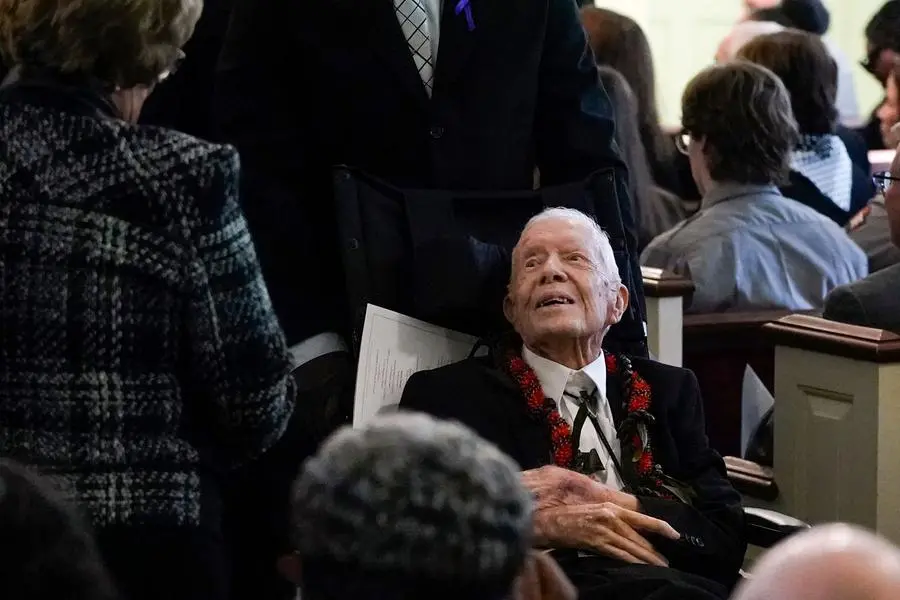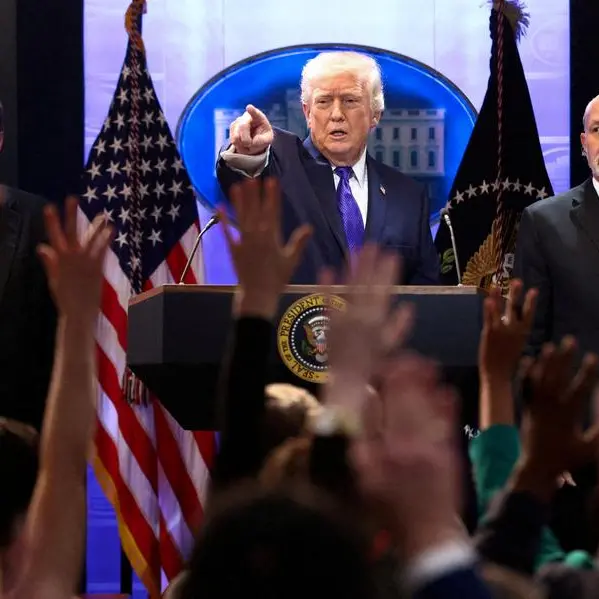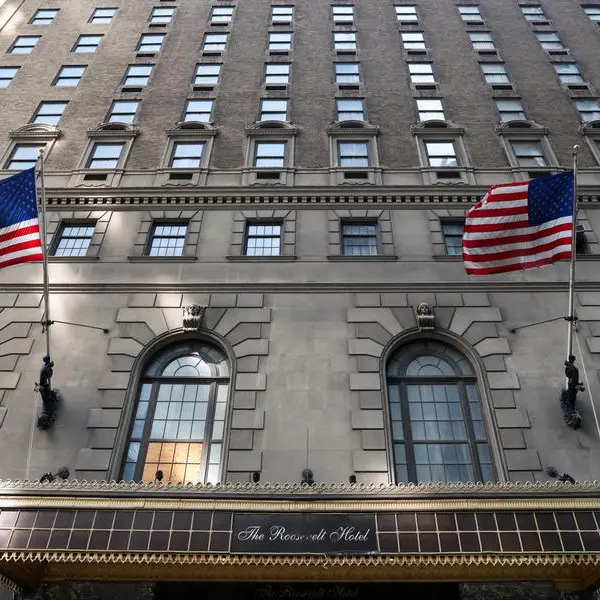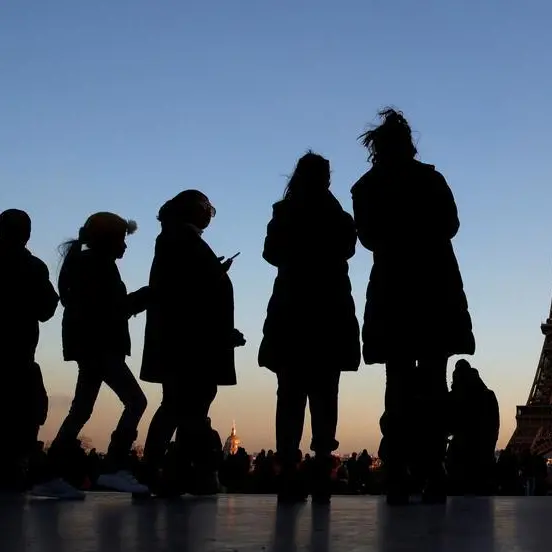PHOTO
Jimmy Carter marks a full year in hospice care Sunday, a period in which the former US president defied the odds, celebrated his 99th birthday and mourned the death of his wife of 77 years, Rosalynn.
"One year after entering hospice care, president Carter continues to be at home with his family," the Carter Center said in a statement to US media, noting the anniversary of his decision to decline further hospital treatment for various health issues and live out his days at home in Plains, Georgia.
"The Carter family is grateful for the many expressions of love they have received and the continued respect for their privacy during this time," the family said, according to his non-profit foundation.
"The family is pleased that his decision last year to enter hospice care has sparked so many family discussions across the country on an important subject."
Carter, a Nobel peace laureate, champion of charitable causes and a former peanut farmer, is the longest living president in US history. The Carters' marriage is longer than that of any other president, eclipsing the 73 years of George H.W. Bush and his wife, Barbara.
Having already beaten brain cancer in his 90s, and suffering other ailments that required hospitalization, Carter was thought to be in his waning days in February 2023 when the Carter Center announced he would spend his "remaining time" in hospice, at home with family.
But Carter has persevered. His last public appearance was in November 2023 at Rosalynn Carter's funeral. The former first lady passed away at age 96, only days after entering hospice care.
"When he first went into hospice... we thought he had a matter of days," said grandson Jason Carter, according to the Atlanta Journal-Constitution.
"That's what the doctors were saying. But one way to think about it is God wasn't done with him yet."
Carter served one term as president after being elected in 1976 on the heels of the Vietnam War and the Watergate scandal. His presidency included successes like the Camp David peace accords, but also controversies such as the Iran hostage crisis.
He dedicated his time in retirement to humanitarian affairs and founded the Carter Center, which promotes human rights and conflict resolution.





















